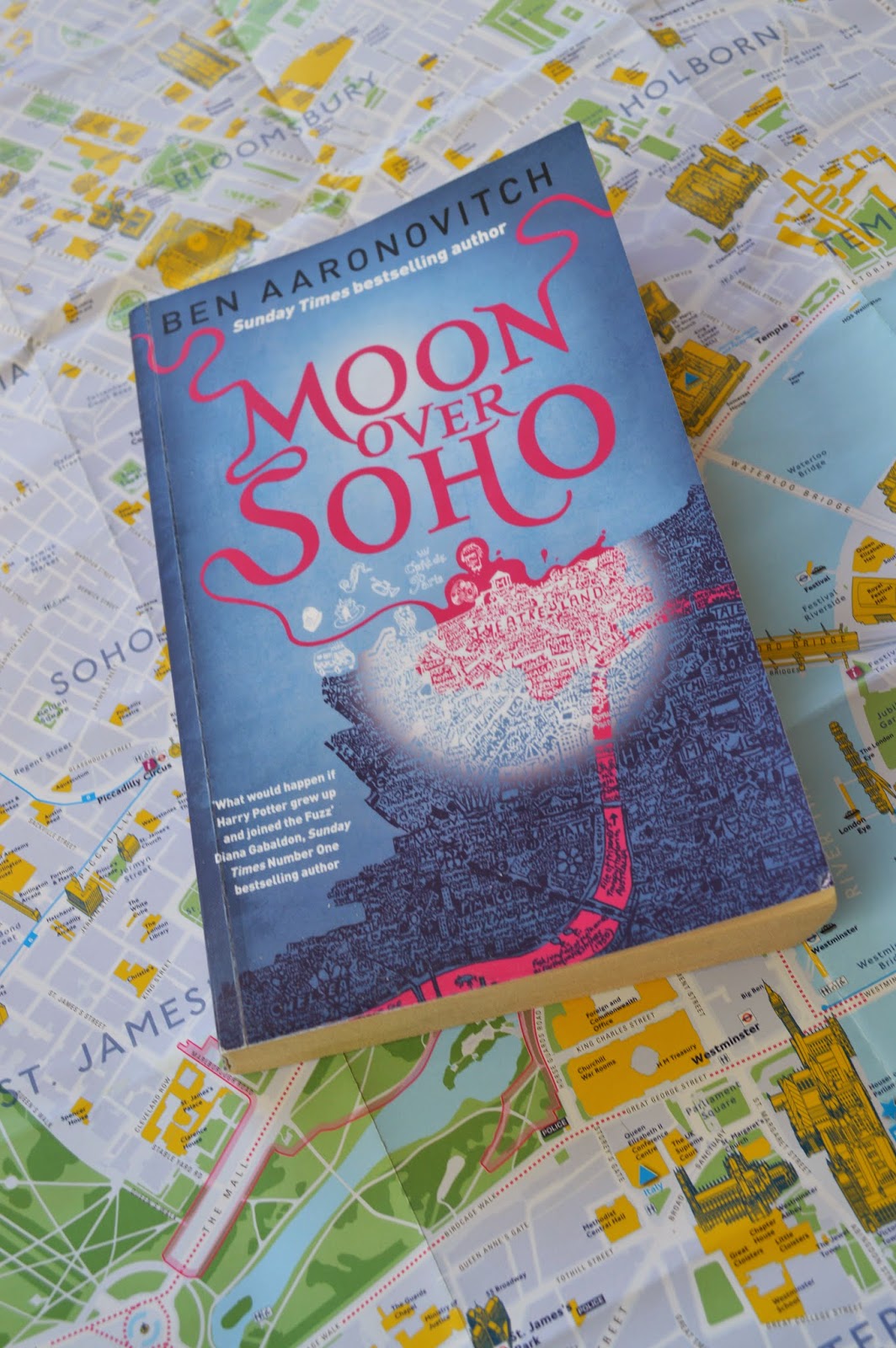The Lighthouse is short, odd book by Alison Moore. It was included on the Man Booker Prize in 2012, but lost out to the unstoppable Hilary Mantel and
Bring up the Bodies.
The Plot: Futh, a recently separated middle-aged man reminisces about his childhood and his failed marriage whilst on a walking holiday to Germany. Meanwhile Ester, conducts affairs in revenge for her husband's neglect. When Futh and Ester's lives collide, the consequences are violent and life-altering.
The Lighthouse reminded me slightly of Julian Barnes,
The Sense of an Ending, as both novels are about memory and retrospection. Though I think Barnes novel has the edge.
Futh is a bland, forgettable man, so it is to Alison Moore's credit that she manges to produce a readable book about a boring person. Although sometimes Moore is in danger of been boring herself, particularly when she repeats the same story over again. I know she does this as it mirrors how memory works, we often relive important moments, and our recollections from early childhood are few, but I don't really want to read about the same event 3 or 4 times in the space of 192 pages.
Ester is more interesting character than Futh, and I wish more time had been devoted to her. I didn't really feel her motivation for her self-destructive behaviour was explored in enough depth.
There also seemed to be too many coincidences in the novel, which is often the case I feel when novels include characters that have interconnecting lives. Both Futh and Ester have unsuccessful marriages that are marred by infidelities and both have a weird obsession with a bottle of perfume shaped like a lighthouse.
Like I said, its a very short novel, so wouldn't take up much of your time. It might be worth a read if you are interested in the literary devices authors uses to try and convey concepts of memory and remembering.

.JPG)
.JPG)

